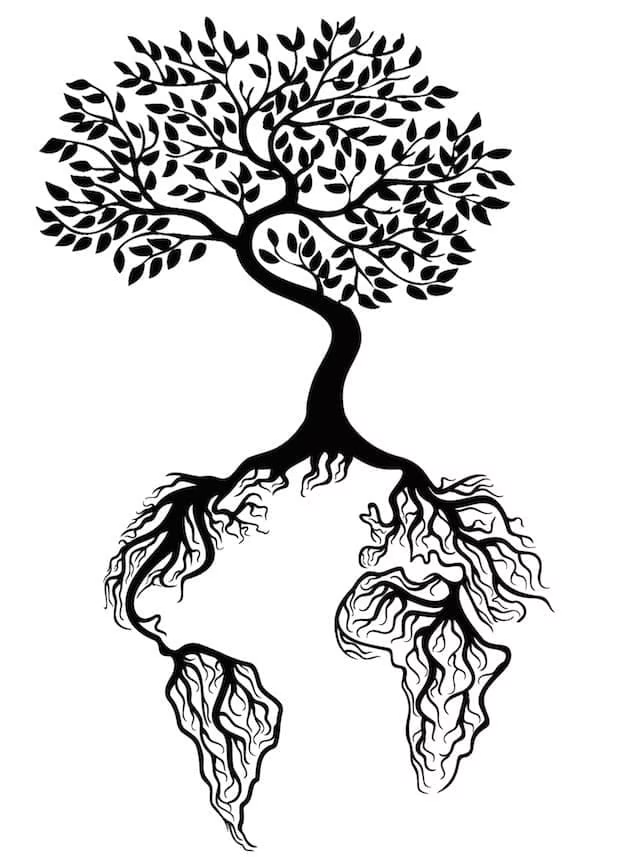Albert Camus’ Absurdism

In absurdist philosophy, the Absurd arises out of the fundamental disharmony between the individual’s search for meaning and the meaninglessness of the universe. As beings looking for meaning in a meaningless world, humans have three ways of resolving the dilemma. Kierkegaard and Camus describe the solutions in their works, The Sickness Unto Death (1849) and The Myth of Sisyphus (1942):
Suicide (or, "escaping existence"): a solution in which a person ends one’s own life. Both Kierkegaard and Camus dismiss the viability of this option. Camus states that it does not counter the Absurd, but only becomes more absurd, to end one’s own existence.
Religious, spiritual, or abstract belief in a transcendent realm, being, or idea: a solution in which one believes in the existence of a reality that is beyond the Absurd, and, as such, has meaning. Kierkegaard stated that a belief in anything beyond the Absurd requires a non-rational but perhaps necessary religious acceptance in such an intangible and empirically unprovable thing (now commonly referred to as a "leap of faith"). However, Camus regarded this solution, and others, as "philosophical suicide".
Acceptance of the Absurd: a solution in which one accepts the Absurd and continues to live in spite of it. Camus endorsed this solution, believing that by accepting the Absurd, one can achieve absolute freedom, and that by recognizing no religious or other moral constraints and by revolting against the Absurd while simultaneously accepting it as unstoppable, one could possibly be content from the personal meaning constructed in the process.
Absurdism – Wikipedia >This is the closest philosophy to my own that I’ve come upon thus far, and I think what it requires is a moral framework based on Bertrand Russell and Sam Harris that helps guide the existential creation of our own meaning frameworks.
While the original term applied to the search for meaning, I think it can and should be applied more broadly.
I would expand Camus’ definition to mean, "The irreconcilable conflict between human experience and underlying reality."
Camus’ original search for ultimate meaning is contained within this because it’s something humans yearn for as part of their experience, yet it’s unattainable. But there are many other examples of this as well, which I explore in How Absurdism Applies in Everyday Life >.
Some examples include:
Love surviving the scrutiny of neuroscience and evolutionary biology
Trying to "be a better person" when you realize free will is an illusion
And ultimately, willing the world to be any different than it is
These are all collisions that advanced humans cannot avoid, because knowing the underlying truth behind these sensations does not stop us from experiencing them.
Absurdism, then, is precisely this collision of experience and reality—and the choice to enthusiastically embrace our humanity despite knowing the truth.
This is the rebellion that Camus advocates.